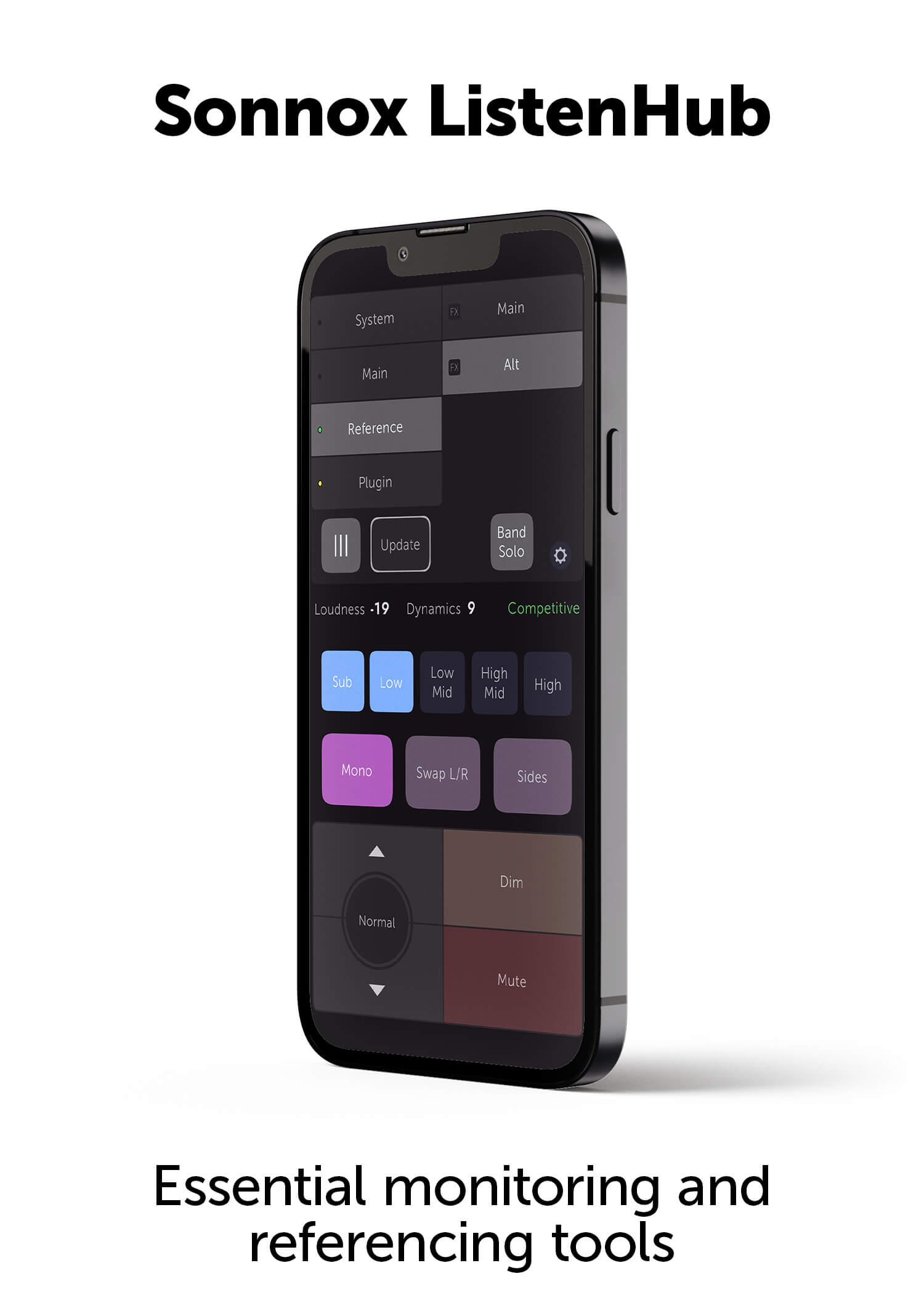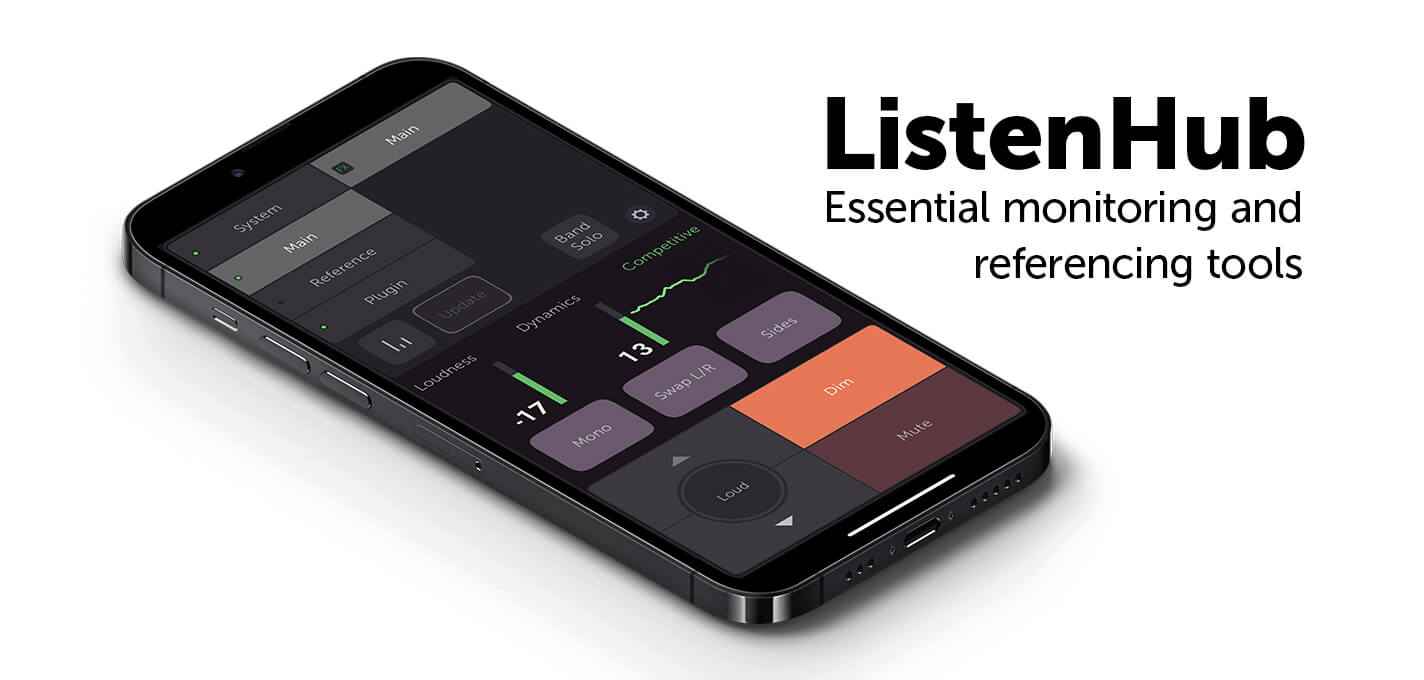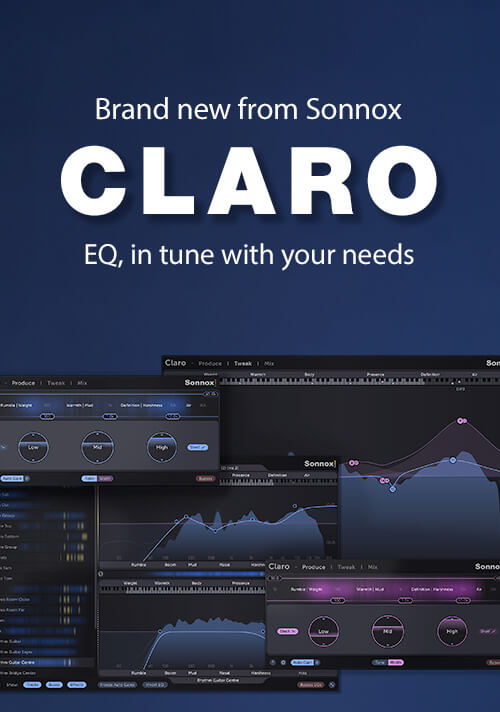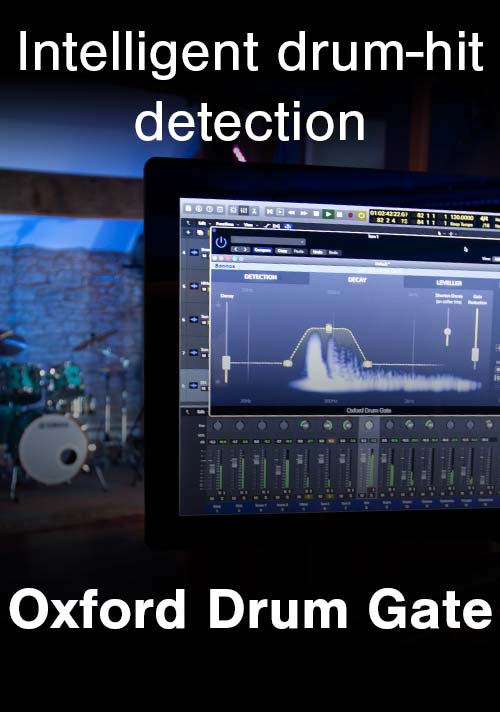Tom Salta
Mixing Scores for Games with the Oxford Plug-Ins
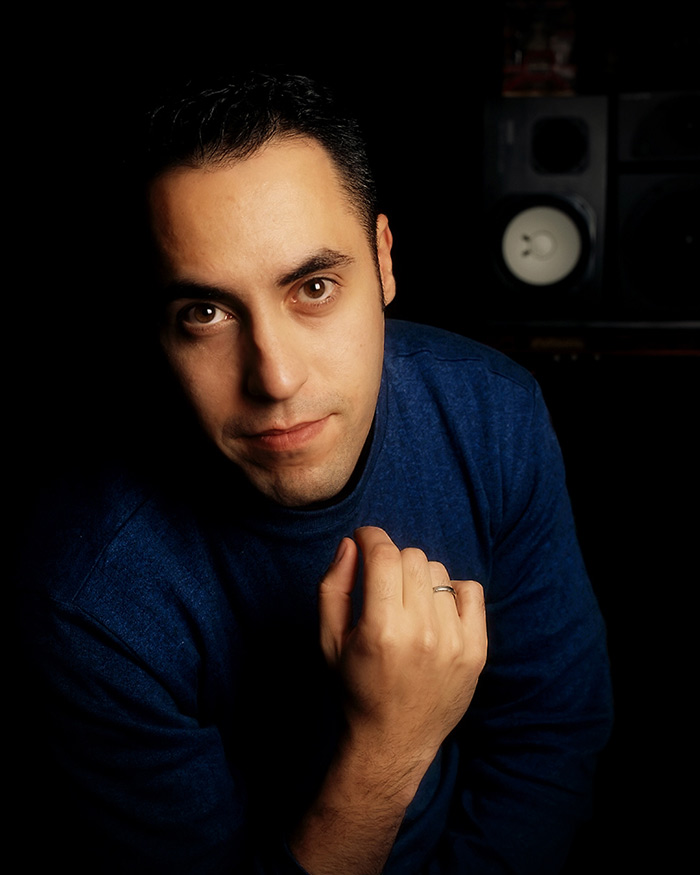
Imagine growing up as a kid playing video games, and one day winning awards for designing the scores for some of the hottest titles in the business. Dreams can come true, and that's the life of composer/producer Tom Salta. Known for his epic, high-energy music for the likes of Tom Clancy's Ghost Recon: Advanced Warfighter 1&2, Ubisoft's Red Steel, Sony's MLB 2006 and EA's Need for Speed Underground 2, he's created a strong niche for himself in a highly-competitive industry. With a background that includes work with artists such as Peter Gabriel and Whitney Houston, to scoring Harry Potter movie trailers, Tom Salta's combination of melodic creativity and technical skills consistently produce a first-class product.
What projects are you working on now?
It's been crazy busy. I've recently done some upcoming Tom Clancy titles and am working on at least 5 different games projects, as well as some movie trailer music. I'm also finally underway with a second solo record.
You have quite a list of credits. Tell us about your music business experience.
Well, my main instrument is the keyboard. My real initial 'start' was touring the world with Bobby Brown and Whitney Houston as lead sound designer and keyboard tech for their final tour - back in the early 90's. That helped launch me into the 'professional' music scene, although eventually after a couple of years of working with them, Mary J. Blige and TLC, *MISSING SOMETHING* that I didn't want to be a road dog and end up just touring. So I decided to hunker down and start working in the studio. Through various networking contacts I began producing artists, one of whom got signed to Island Records. That in turn led to doing things like dance remixes for Junior Vasquez for five years, and eventually working on tracks for the likes of Peter Gabriel, Whitney Houston and Cher. I worked in many different fields, and I feel my first fifteen years was like a Forest Gump experience - a wild ride.
So what led you to the world of video games?
One day I was playing Halo on the Xbox, and the light bulb went off. I was listening to the music onscreen and starting paying attention to it. I had been playing games since I was a little kid and I had all the systems. At one point, I just felt I should be doing music for games like this. Games are much more liberating to write for, than the confines of popular music. You know, where you're always worrying g about how commercial it is, or what's cheesy, or what instruments you can use. All these restrictions!
At that point I figured it would be smart to use my strongest assets to create music that would be useful for certain kinds of video games -particularly driving and/or high action extreme sports. I decided to create an album of licensable high-energy electronica music.
So it was really a solo record?
Yes, it was called Two Days or Die under the artist name Atlas Plug. That was the transition in my career from the music business into the world of video game composing. Because I had already spent over fifteen years in the music biz, I wasn't really looking forward to 'starting fresh' in a new industry.
Overall, the idea actually worked very well; before I was done with it, Microsoft came along and licensed three or four songs for a game called Rally Sport Challenge 2. Right at the same time, Volvo was doing a new ad campaign for a car that was featured in the game. They heard the music the game was using and said they wanted it for their commercial. It was a grand slam in terms of licensing and exposure, and it gave the album a terrific launch.
Since then, over a period of years, every single song off that album has been licensed in games, movie trailers, TV shows, the Olympics, and such. It helped me establish myself in the game industry, and gave me a credit list to help break down some doors.
Overall, scoring video games was a natural fit for me. It took a while though - years actually, to land my first project - even after the first Atlas Plug record. I found myself an agent, which helped accelerate the process, but it was still very tough to land that first gig. Slowly but surely, things started to snowball. So years and years later, I've been really fortunate to work on some amazing AAA titles.
What is your main production platform?
I work with Logic Audio mostly, but also with Pro Tools. While I combine both hardware and software, it's become an atrophying studio (of hardware). I still keep my rack Mini Moog, and Roland 1080's and the rest of my old keyboards hanging on my wall for sentimental value. Now, it's pretty much all software and my favorite instruments are from companies like Spectrasonics and Native Instruments. They provide a wide palette of very inspiring sounds, and there are many great libraries available that give me a boost of creative adrenalin. I just don't like feeling stale and settling down into doing the same thing over and over.
Are most of your deliveries in stereo?
Yes. I have done some 5.1 and quad deliveries, but the trend in games is more for me to deliver stereo. For some of the larger companies, I end up giving them stems and they can mix the surround, although it depends on the company and the project size. If it's a bigger budget, they will often have their own mixing going on so they can generate more material from what I give them and have more flexibility in post production.
So when did you start using the Oxford plug-ins?
A friend of mine turned me on to them, and when I had chance to listen, they jumped out at me. I really liked the Inflator, Dynamics and EQ.
What made the EQ different from your others?
It just had a very sweet sound to it. It's a subtle quality that my ears, after so many years, just know. If I take the high end and just tweak it up a little bit, there's a certain quality to the sparkle that you get that reminds me of very high-end hardware EQ's. When you take a generic or a cheaper EQ and turn it up, yes it gets brighter, but it feels technical - not musical.
Do you find you use it on anything in particular?
I tend to use it universally and it will be one of my 'first call' plug-ins. Honestly, I don't like calling myself an engineer, even though I mix most the of things that I do. So I tend to do things very instinctively and try not to lock myself into patterns. Because of the nature of the work that I do and my desire to stay fresh, I give it a chance on everything. Often I will put the EQ on the Master Bus.
How about the Oxford Dynamics?
Wow, I was really impressed with that one. I find that good software compressors are generally hard to come by, especially if you want to do something comparable to the 'days of old,' when I would plug into an LA-2A or the Fairchild and it simply worked or didn't. That's the way the Dynamics feels to me and I'm blown away by its flexibility. It has a lot of components in there, which help me out when I need them. I also like the way you can turn the different modules on and off. For example, sometimes I'll wish I had a little limiter on a track, and with the Dynamics I'll just enable it and place it in line. You can do a lot of tweaking within the same plug in, but also keep it simple and just pop on the compressor.
Also, I like the fact that it doesn't have too many controls. I love that, because I don't have time to sit there all day to get the perfect setting. I like throwing it up on something, turning a few knobs like the Threshold and Output Gain and making it work. The Dynamics is probably one the most hardware-like sounding compressor I've heard. I put that thing on the stereo mix of a game I did recently, and got a great classic 'vintage 70's' sound. It's hard to get that unless you're using expensive gear, especially when it comes to bus compression. Now I always pop the Dynamics on my tracks and just see what it's going to do. It's one of those pieces of software that just does magical things.
So how do you use the Inflator?
Generally, I like using it on the stereo mix. It adds a lot of energy without compressing the sound. I don't use it in a subtle way and prefer 'slamming' it. Most often, it adds just \the right amount of power and loudness without losing the sense of dynamics. It's an energy enhancer. I have to say though, I use all of these Sonnox plug-ins on everything I do.
Tom Salta's music and sound design will be showcased on a number of high profile video games being readied for release in 2009.
Interview and editorial provided by Rich Tozzoli
